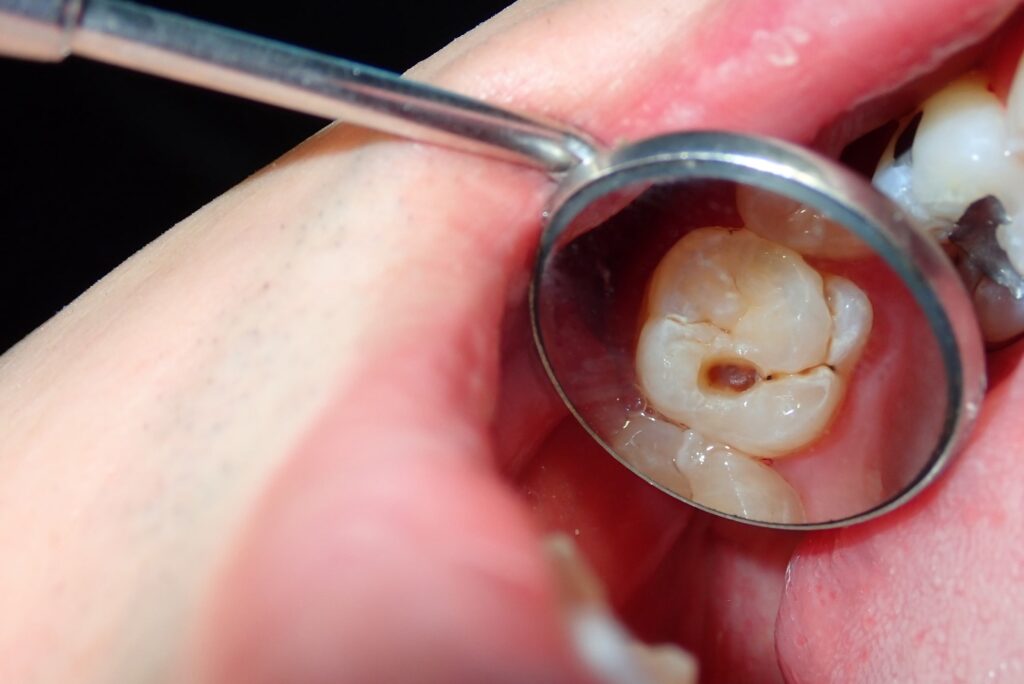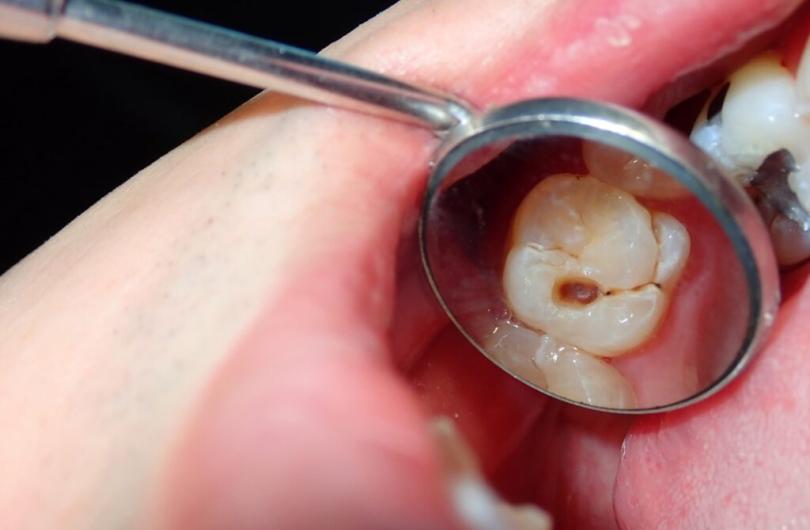Understanding Plaque, Tartar, and Cavities: Protecting Your Teeth from Hidden Dangers

How to Protect Your Teeth from Plaque, Tartar & Cavities
Taking care of your teeth isn’t complicated. With the right knowledge and habits, you can keep your smile clean, healthy, and free from decay. Learn about the three biggest threats to your pearly whites—plaque, tartar, and cavities—and how to stop them in their tracks.
What Is Plaque?
Plaque is a sticky, colorless film that forms on your teeth throughout the day. It’s comprised of bacteria, food particles, and saliva. When you eat, especially sugary or starchy foods, the bacteria in plaque feed on leftover particles in your mouth and produce acids. If plaque isn’t removed daily, these acids will eat away at your enamel and irritate your gums.
How to prevent plaque:
- Brush your teeth twice a day for two minutes with fluoride toothpaste.
- Floss once a day to reach between your teeth.
- Rinse with an antibacterial mouthwash.
- Limit sugary snacks and drinks.
- Schedule regular dental checkups and cleanings.
What Is Tartar?
Tartar, also called calculus, is what happens if you don’t remove plaque regularly. It hardens over time and becomes a yellow or brown deposit that clings to your teeth, especially around the gumline. Tartar makes it easier for more plaque to form, increasing your risk for cavities and gum disease. And unlike plaque, tartar can’t be removed by brushing or flossing—it must be scraped off using professional dental tools.
How to prevent tartar:
- Maintain a solid brushing and flossing routine so plaque can’t harden into tartar.
- Use tartar-control toothpaste if recommended by your dentist.
- Avoid smoking or using tobacco products.
- Get professional cleanings every 6 months or as often as your dentist suggests.
What Are Cavities?
Cavities are small holes in your teeth caused by plaque and tartar buildup. When acids from plaque eat through your enamel, they create weak spots that eventually turn into decay. If left untreated, cavities can grow deep and affect nerves, leading to pain, infections, and the need for a root canal. Fortunately, cavities are preventable with good oral hygiene.
How to prevent cavities:
- Brush and floss daily to keep plaque at bay.
- Avoid sugary drinks, sticky foods, and constant snacking.
- Drink water between meals to rinse your mouth.
- Chew sugar-free gum to generate saliva and neutralize acids.
- Get fluoride treatments or dental sealants if recommended.
- Visit your dentist twice a year for checkups and cleanings.
Schedule Your Next Dentist Visit
Plaque, tartar, and cavities can lead to serious dental problems—and expensive ones, at that. Taking a few minutes each day to care for your teeth saves you pain, time, and money in the long run. Plus, nothing beats the confidence of a bright, healthy smile.
When you’re ready to give your teeth the care they deserve, Park 56 Dental is here for you. We’ve been improving smiles in NYC’s 10022 zip code area since 1997. Our office has been voted the Top Dentist in New York because of our spa-like setting and personalized, quality care. Whether you’re coming in for a general checkup, cosmetic treatment, or restorative dentistry, our skilled team can walk you through every step. Schedule your next visit today and experience dental care the way it was meant to be.
More articles

2025
Stress-Free Smiles: How Sedation Dentistry Works for NYC’s Busy Professionals
How Sedation Dentistry Works for NYC’s Busy Professionals
Between back-to-back meetings, endless deadlines, and the daily hustle of New York City life, who has time to stress about dentist visits? If the thought of opening wide for your next teeth cleaning or filling makes you nervous, it’s time to try sedation dentistry. This solution is changing the way busy professionals seek dental care.

2025
The Benefits of Choosing Porcelain Restorations for Your Smile: A VIP’s Guide
Benefits of Porcelain Veneers for Your Smile Restoration
Porcelain veneers offer a simple yet high-impact way to transform your smile. These thin ceramic shells give your teeth a new façade that hides discoloration or other imperfections without extensive dental work. As you compare your smile restoration options, consider what makes veneers one of the most popular cosmetic treatments out there.

2025
Understanding Plaque, Tartar, and Cavities: Protecting Your Teeth from Hidden Dangers
How to Protect Your Teeth from Plaque, Tartar & Cavities
Taking care of your teeth isn’t complicated. With the right knowledge and habits, you can keep your smile clean, healthy, and free from decay. Learn about the three biggest threats to your pearly whites—plaque, tartar, and cavities—and how to stop them in their tracks.
